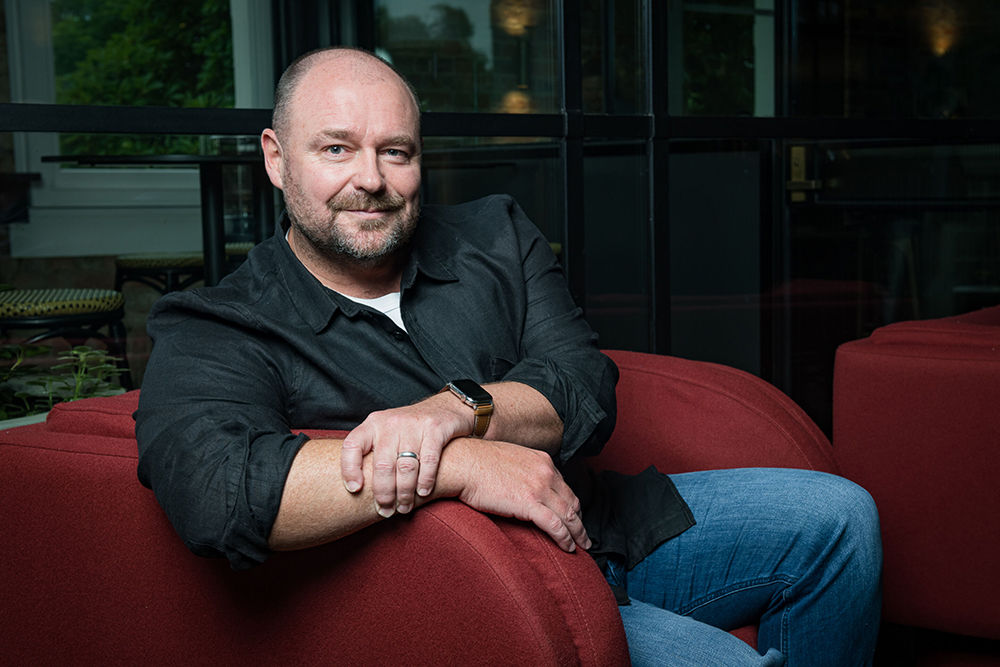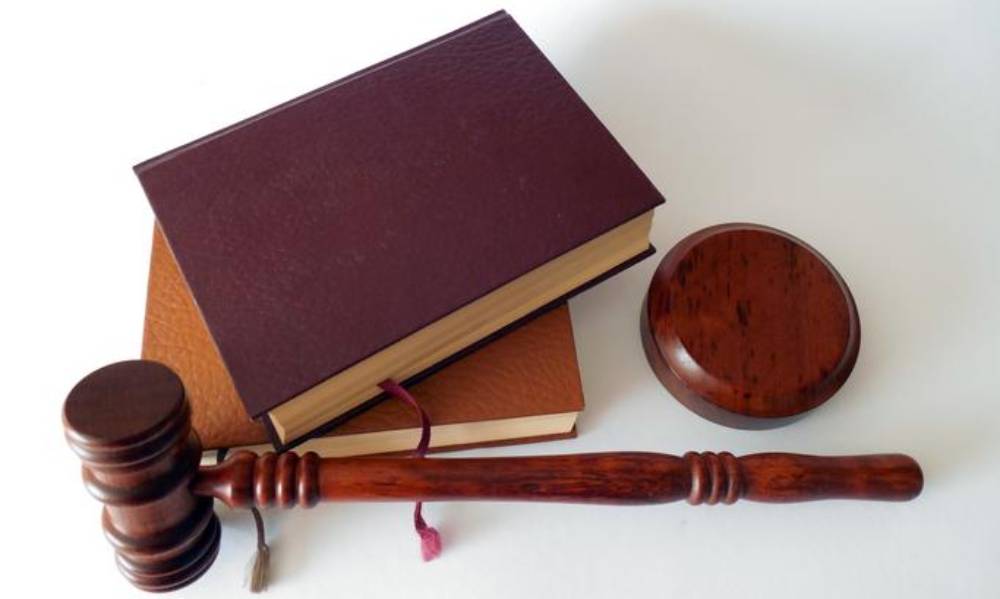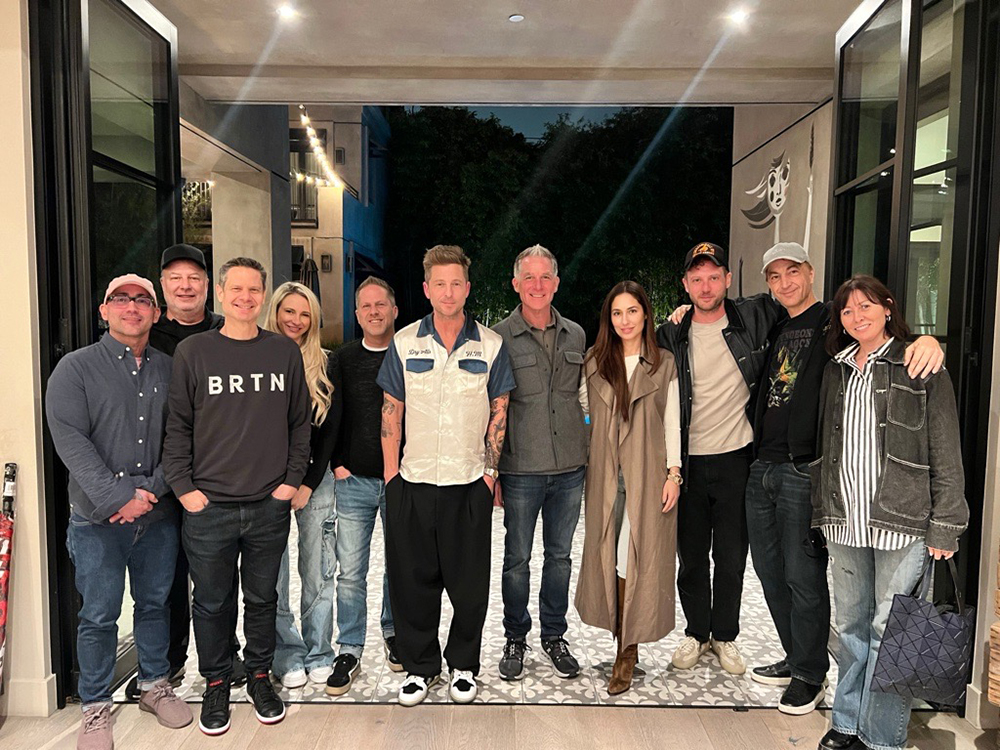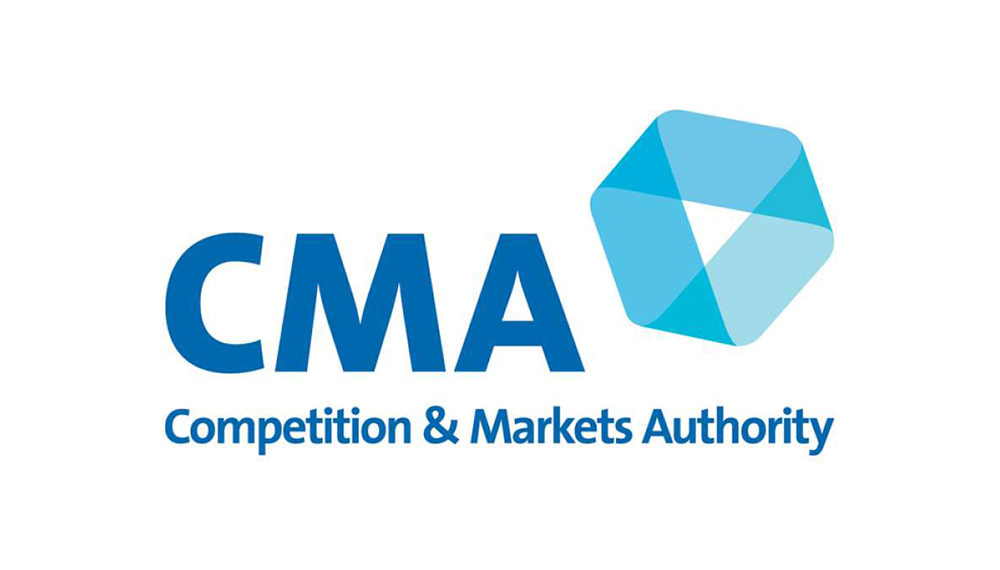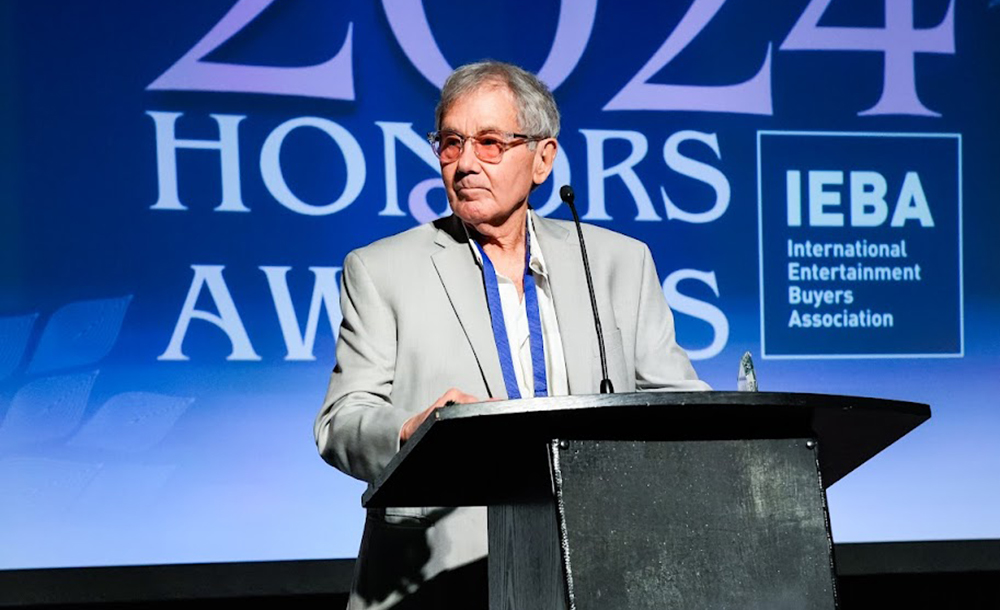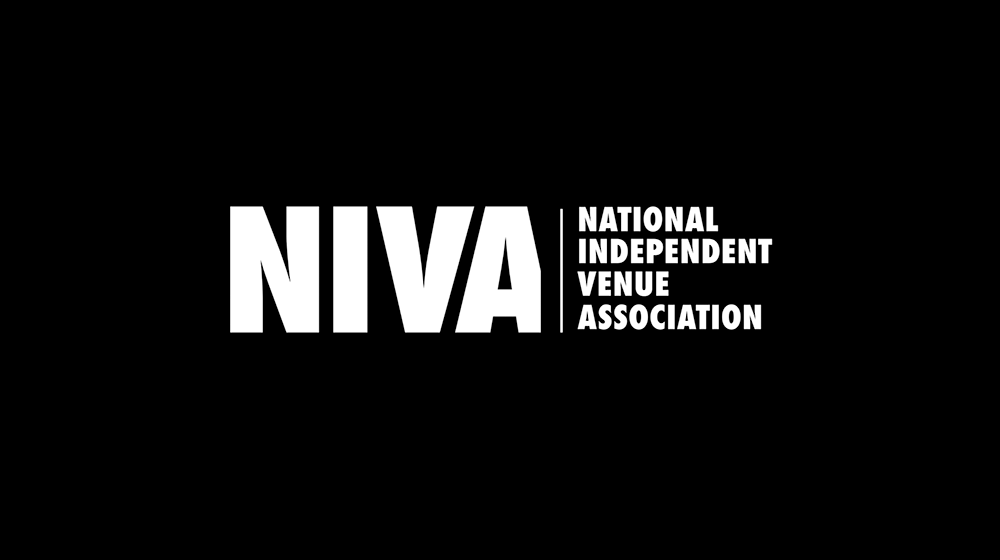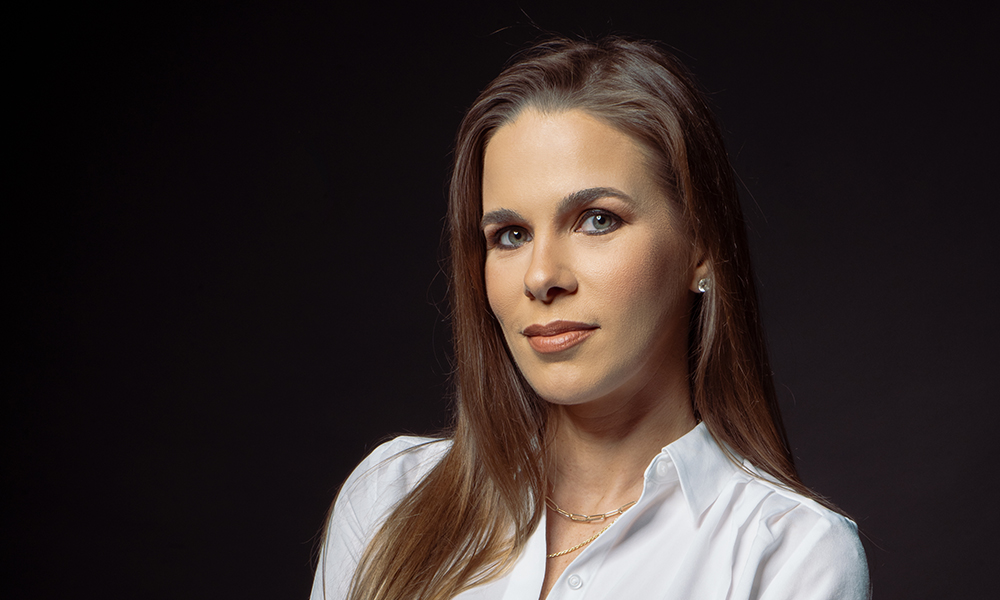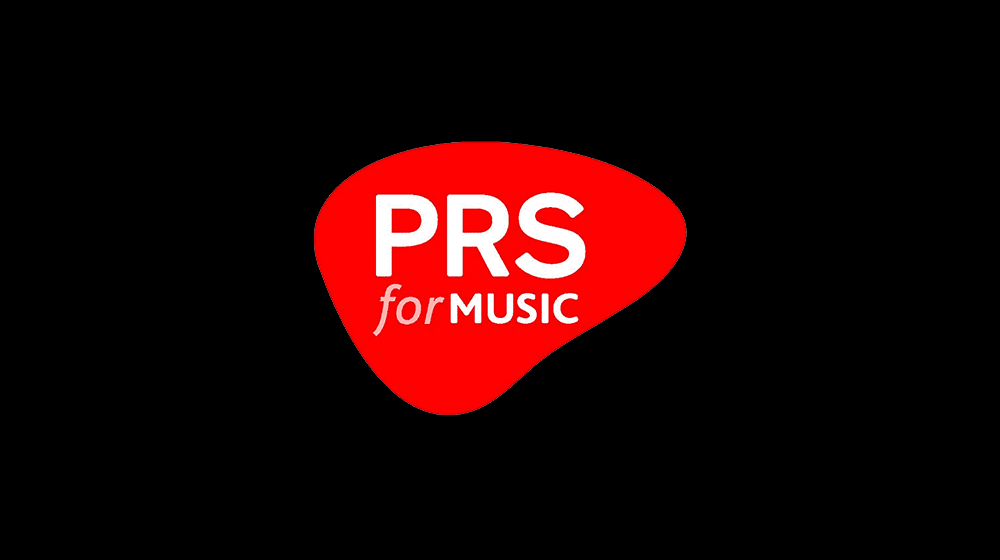
(CelebrityAccess MediaWire) — Warner Music Group is the second music industry company that has settled an investigation of pay-for-play by New York State Attorney General Eliot Spitzer's office. Just days before this announcement, US Senator Russ Feingold introduced a bill that will promote openness and fair competition in the radio and concert industries. Among industry groups endorsing this piece of legislation are: American Association of Independent Music/A2IM; the American Federation of Television and Radio Artists; the American Federation of Musicians of the United States and Canada; Consumers Union; Free Press; the Future of Music Coalition; the National Academy of Recording Arts and Sciences, Inc.; and the Recording Artists' Coalition
Below is his statement:
I have followed the changes in the radio and concert industries since the 1996 Telecommunication Act with great concern. For years, I have heard complaints from my constituents about the increasing concentration of ownership in the radio and concert industries and, in turn, the increasingly uneven playing field for small radio stations and independent concert promoters. For consumers this has meant less diversity, less local content and growing dissatisfaction with the radio and concerts they are offered.
Most recently in the last Congress, I introduced broad legislation to address ownership consolidation and the anti-competitive practices common in the industry. These practices include tacit or explicit pay-for-play, or "payola," payments, and corporate radio stations putting untoward pressure on artists to play at the same corporation's venues use affiliated concert promoters. While I continue to be concerned by consolidation and believe this centralization exacerbates the potential for abuse, the bill I introduce today focuses instead on the anti-competitive practices, whether they occur at a radio station group of a handful of stations or one that owns thousands of stations.
Some might question why we need added scrutiny and accountability for the radio and concert industries specifically. Besides the unique role radio plays for communication and entertainment in each American's life, radio also is, in a sense, a public-private partnership. With radio's use of the public airwaves, it also has a responsibility to serve the public good.
The abuses within the radio and concert industry are not entirely new. In fact, problems have occasionally sprung up almost throughout the entire history of the medium. There almost seems to be a cyclical pattern as the payola is rooted out and then several years later is reincarnated in slightly different form to grow to become pervasive again. So while the original payola practices predated the recent rapid consolidation in the industry, the concentration of power has made the problem more widespread and its effects possibly more severe on local stations, promoters, artists and consumers.
While paying a radio station or radio station employee to play a certain song without telling the audience has a long history in radio, this does not make the fraud and bribery any more acceptable. In the 1950s, the practice was relatively simple. Artists, their labels or managers would often directly bribe DJs to play their songs either in cash or through other consideration. When this practice became public, there were investigations and Congress and the Federal Communications Commission (FCC) took actions to block this payola.
The most recent incarnation of payola takes a more complicated and sophisticated – corporate, if you will – approach to skirt the current rules that prevent direct pay-for-play. Indirect payments through independent music promoters have been an open secret, as have more direct payments, as the ground-breaking investigation of New York Attorney General Eliot Spitzer demonstrates. While the Spitzer investigation is ongoing, he has already uncovered significant abuses and this summer reached a $10 million settlement with a record label.
While not traditionally considered payola, there are other abuses of power over airplay decisions by radio stations and their corporate parents, especially when the conglomerate also owns concert promoters and venues. This cross-ownership sets up a situation where the same corporation that is negotiating a contract for an artist to perform at its concert also controls the lifeblood of that artist's success – airplay of his or her songs. The result can be intense pressure on artists to play radio station-promoted shows and, often, to do so for less than the normal rate. This practice hurts the artist, hurts competing independent stations and promoters and, ultimately, hurts the listening public, which ends up choosing from songs on the radio that have been selected based on where and for whom the artist is performing a concert, and for the songs' artistic merit. Moreover, for any artist who deigns to refuse the direct or implied extortion from the conglomerate, as Don Henley's courageous testimony in a 2003 Commerce Committee hearing clearly explained, there is the risk of retaliation – either immediately or by boycotting the next single or album the artist produces. And with the consolidation in the industry, that boycott might not just be in one station in one market; it could be forty stations in many markets. Facing this kind of potential threat, you can see why even the most popular acts are afraid to speak publicly.
The bill I introduce today proposes a multi-faceted approach to the various entrenched forms of payola. The bill would simultaneously strengthen the FCC's ability to prove and punish violators, close the loophole allowing indirect payola, prevent cross-ownership from hindering fair competition, and, perhaps most importantly, increase transparency through disclosure of the payments to radio stations from artists, labels, promoters and others who may have an interest in improperly influencing airplay decisions.
The bill improves the FCC's ability to enforce payola violations through several means. It requires radio stations to make transactions with entities like record labels that might have an interest in influencing airplay on an "arm's length basis." Moreover the bill requires record-keeping of such transactions and makes the records available to the FCC in the event of an investigation. In addition, the bill significantly increases penalties for payola violations and allows the FCC to consider revoking a station's license. As we have seen in the realm of indecency, multimillion dollar companies do not blink at the current fines of $10,000 per violation, but the prospect of putting a license in jeopardy will get their attention.
As I've already mentioned, the current payola rules were put in place for an earlier, simpler incarnation of the practice – the direct bribing of DJs and stations. Payola has changed, often going through third parties such as independent music promoters or under the guise of a legitimate transaction. The bill broadens the current rules to include these indirect payments, so no matter what tortured path money or other consideration travels, if it is for airplay and not disclosed, it is payola.
Cross-ownership of radio stations and concert promoters or venues poses a serious problem for fair competition. Without controls, the relationship injects the profitability of a concert and not artistic merit into airplay decisions. The bill would either prohibit this, in the case of cross-ownership, or place controls to ensure fair competition in the concert promotion industry.
The final element of the bill – increased transparency – hopefully will have the biggest impact by deterring payola in all its past, present and future incarnations. The bill requires radio stations to disclose all receipts of payments or consideration that could be used as a front for payola along with a list of the songs played every month, broken down by label and artist. While corporations may not fear the current hard-to-prove $10,000 fines, they do understand public relations. The potential for consumers and the media to use these records to connect the dots should have a chilling effect on the practice and may mean that the FCC Enforcement Bureau will rarely even need to be involved. But if problems persist, this bill will provide the Bureau with better powers and evidence to combat payola in all its forms.
Finally let me put this in context and remind my colleagues that radio stations use a public resource, the airwaves, to reach their listeners. With this use comes a responsibility to the public and an understanding that they accept a degree of increased scrutiny. My legislation strives to ensure that the public knows when it hears a song on the radio that it is because the station, the DJ, the public, or even a focus group, believes it has artistic merit and that it is something the listeners will enjoy. Too often, today's radio listeners are left to wonder whether a song was played because the station manager got a new laptop or because the station's parent company is producing the artist's upcoming concert.
It boils down to choices. This bill will reinstate choices, the fundamental basis of competition; choice for the artists to pick which concerts to play and who they want to promote their concerts; choices for the radio stations to play songs based on merit, or at least not based on narrow financial interests; and ultimately choices for consumers as artistic merit instead of the ability to pay carefully disguised bribes broadens the field of artists who can compete.
I am pleased that my bill has been endorsed by the following groups, and I am grateful for the input they have provided about problems in the radio and concert industries: the American Association of Independent Music/A2IM; the American Federation of Television and Radio Artists; the American Federation of Musicians of the United States and Canada; Consumers Union; Free Press; the Future of Music Coalition; the National Academy of Recording Arts and Sciences, Inc.; and the Recording Artists' Coalition. I urge my colleagues to join me and support this legislation to promote fair competition in the radio and concert industries. I urge my colleagues to join me and support this legislation to promote fair competition in the radio and concert industries. — Jane Cohen and Bob Grossweiner



























